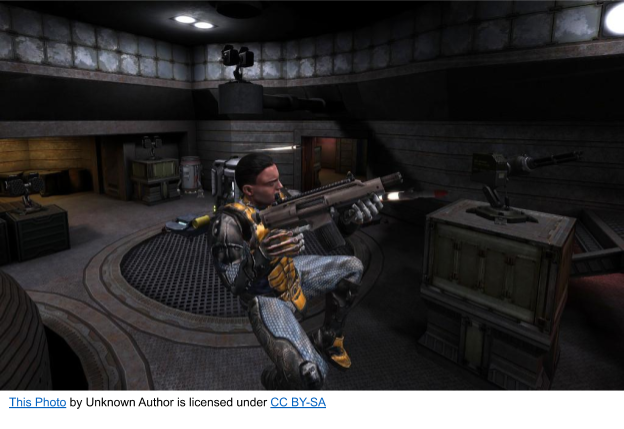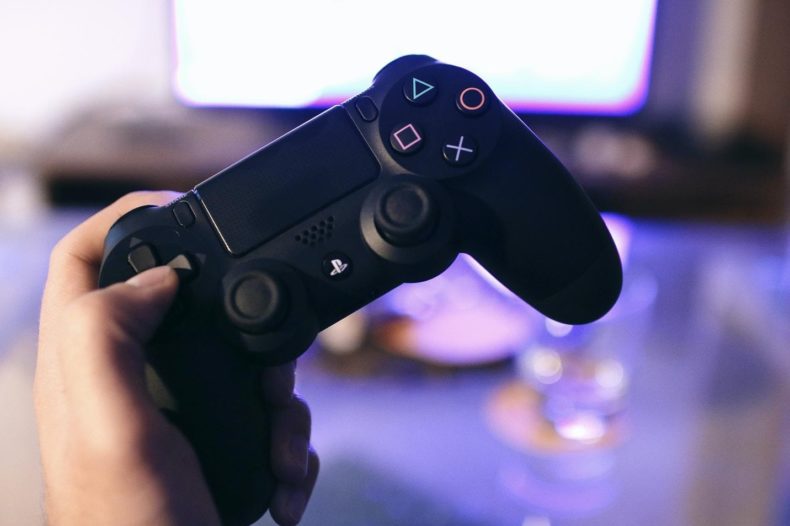Despite the common belief that video games produce violence, studies now show that in fact, the opposite is true. Research has found that video games can improve visual attention and spatial-motor skills. They can also be highly educational tools for students interested in leadership and teambuilding.
Video games are not damaging to students’ well-being. By improving cognitive abilities and problem-solving skills, gaming is actually highly recommended for success. Here are the reasons why students should take on gaming, and why video games can play an important role in any student’s life.
Patience
To be good at gaming, you must practice a whole lot. You must try and fail, and try and fail, and try and fail again. The moment you’re giving up on your pursuit, you lose. And no one likes to lose. Video games teach students how to be patient and reliable. They teach them how to stay focused on their goal and reach it by any means. This takes commitment, willpower, and lots of determination.
This mindset will be reinforced in the student’s daily life. Instead of giving up on assignments that seem too difficult, they’ll keep trying until they get it right.
Teamwork
You know how important it is for kids to work in teams today. If you’re a student, you know that you must prepare yourself for life after college. You’ll have co-workers to work with; working independently might only come later in life. Playing video games is good practice for developing teamwork abilities. When you play video games, you must collaborate with your co-players, and find solutions together.
This is exactly what school is trying to teach you through group projects. As long as you’ll succeed at collaborating with others online, I don’t see why you’d have a hard time collaborating with your classmates offline.
Problem-solving
Video games can help your problem-solving skills develop faster. That’s because you’re constantly learning from your mistakes when playing games. If you’re not, you’ll be quick to lose and when your whole team depends on you, that’s not an option. After you’ve learned from your mistake, you practice the newly learned behavior by applying it to your strategy. This will also help you in your student life, since you’ll be focusing on one task at a time to improve your outcomes.
Another way in which video gaming will help with academic success is by learning to give up. You will become more flexible in your thinking patterns and will have an easier time adapting to various environments. This will help you navigate through life more smoothly. You will also be more willing to ask for help when you need it, such as asking writers at Writix to help you out with an assignment. You won’t fear collaboration anymore.
Socializing
There’s a wrong misconception about game-players. Parents are worrying that their kids are not socializing anymore because they’re spending too much time in front of the computer. While this is a relevant thing to worry about in general, the problem is not the video games. In reality, video games can act as a good socializing catalyzer. The more you play, the more meaningful, trustworthy connections you are creating. Yes, they might be online, but they can easily be transformed into reality.
Studies at the Oxford University show that students who play video games are far more sociable and active than their non-gamer counterparts. This can only mean that parents have absolutely nothing to worry about.

Leadership
You must stand up for what you believe in, as a gamer. You cannot afford to make too many mistakes, and you ought to calculate your every move carefully. Sometimes, your task is to lead an entire team to battle and turn the odds in your favor. Other times, you must take an objective look at the map and give the right directions to the right players.
You can then see how leadership skills can be acquired by playing video games. This will help you get a larger perspective on leadership and see if it fits you. If it doesn’t, then you can always change your career goals and pursue an academic route that does not involve leadership. Playing video games can help your student life in many ways.
Creativity
Video gaming helps improve students’ creativity. When you’re playing video games, you’re taking time to rest from a challenging mental task; and then, you go back to it again, thinking about other ways to solve the problem at hand. This turns you into a creative thinker. When you’re allowing your brain to make new connections, you are training your creativity.
Wrapping Up
Playing video games helps students develop patience and teamwork abilities. It also helps them socialize more and improves their leadership and creative skills. Gaming can also positively impact a student’s problem-solving abilities.
Author Bio:
Paul Calderon is a freelance writer and professional soccer player. He has developed his life to video game research. In his free time, Paul likes to volunteer and write poems.





